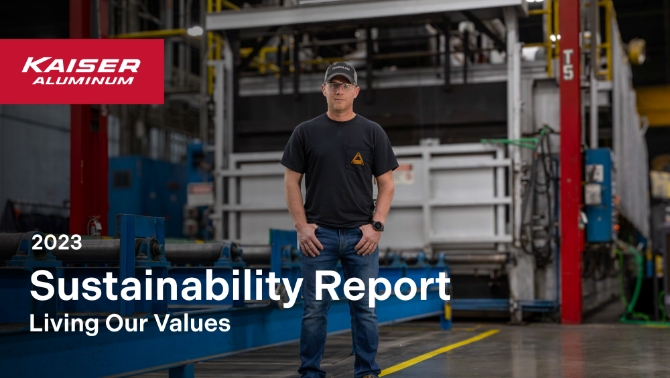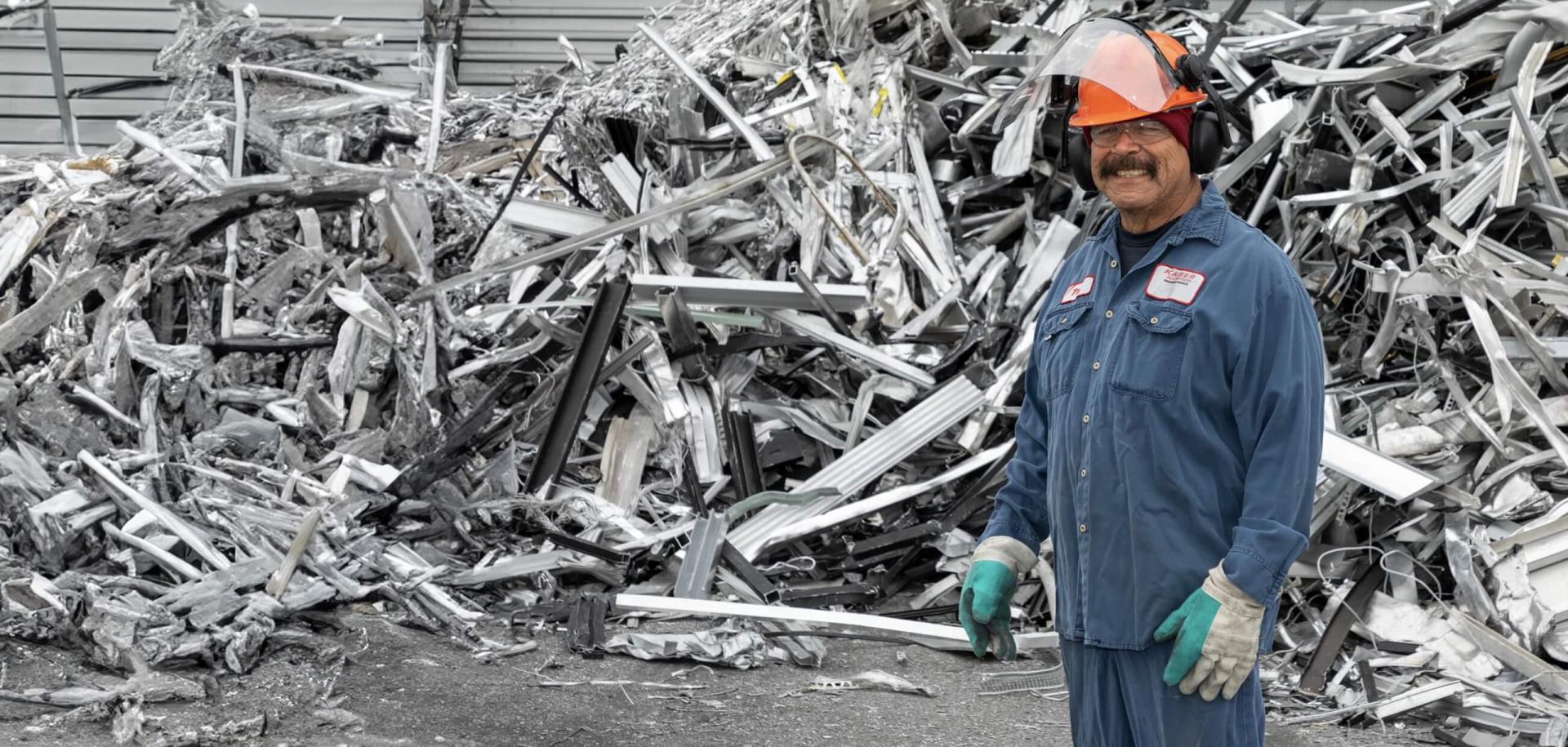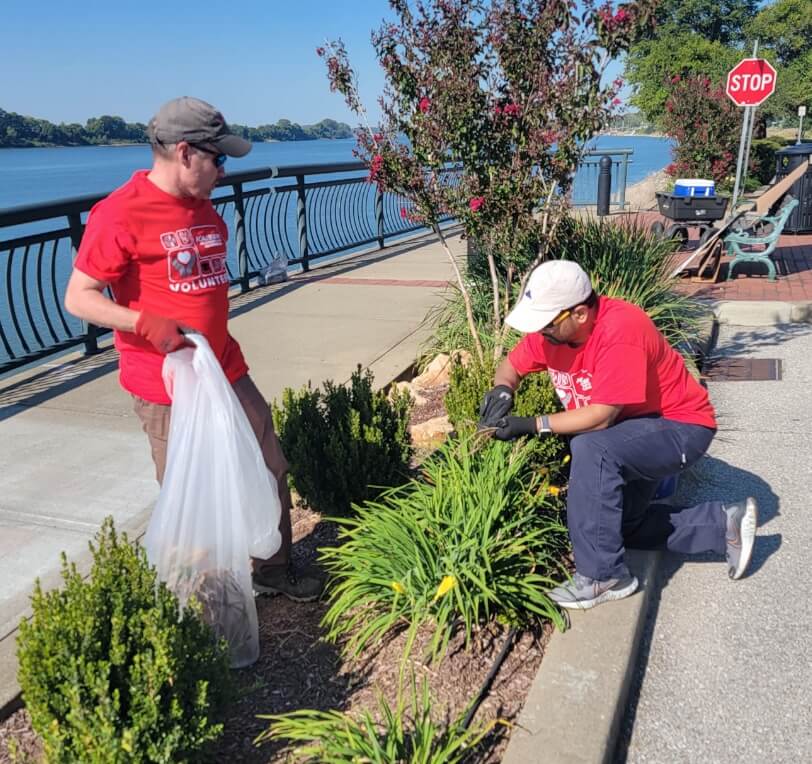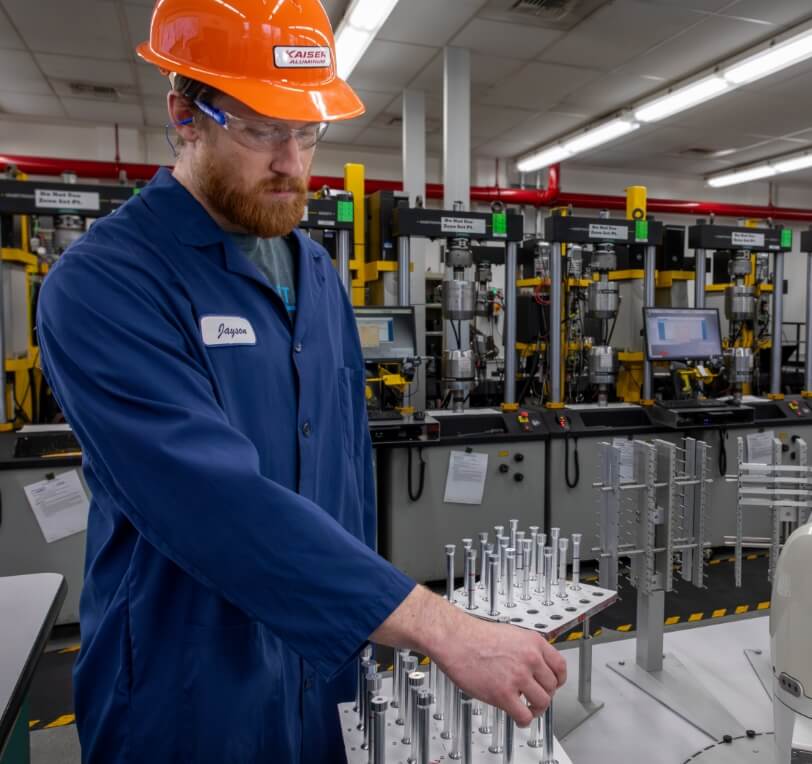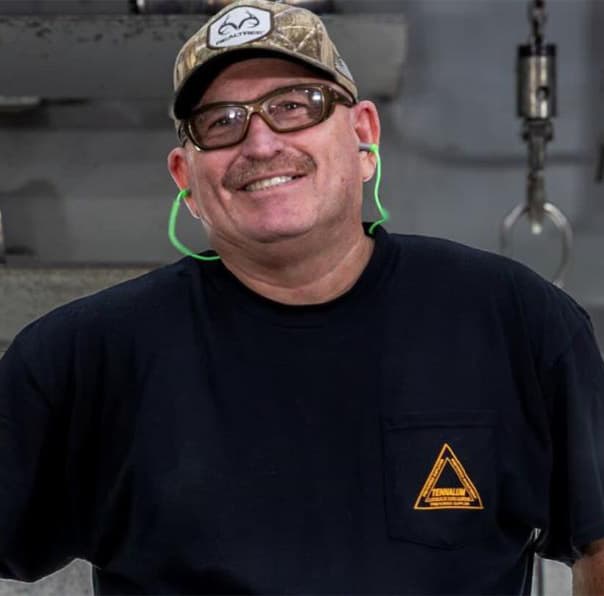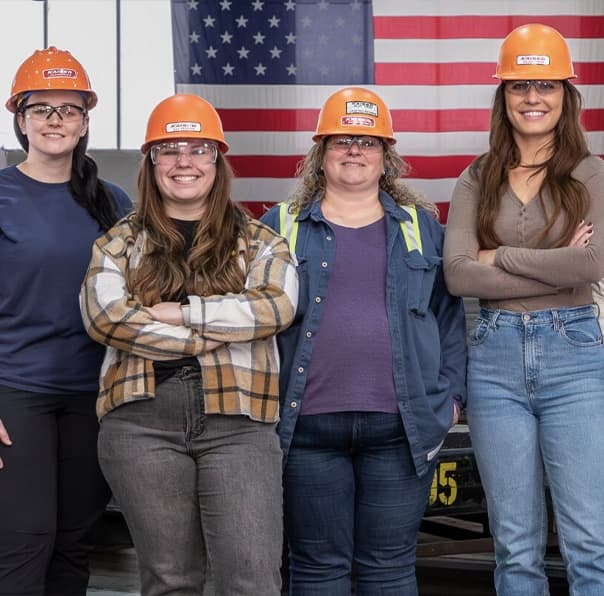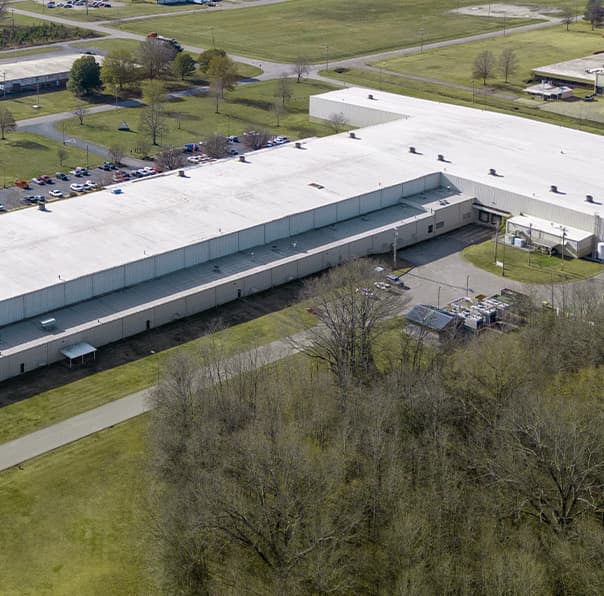
Making
sustainability
possible
For Kaiser Aluminum, sustainability is not an add-on; it is a strategic imperative. Sustainability is central to who we are and what we do.
As we design and develop products, we aim to create sustainable solutions for our customers, investors, suppliers, employees, and local communities – because we believe that genuine progress can only be achieved when sustainability serves as the guiding principle for all operations and business decisions.
Our corporate values define the way in which we pursue this sustainable value, serving as the foundation for our culture and ambitions.
Our vision for 2050
At Kaiser Aluminum, we are committed to working with our industry peers through the Mission Possible Partnership to help limit the Earth’s warming to well below 2°C by 2050, in alignment with global climate objectives. As part of this commitment, we have established greenhouse gas (GHG) emission intensity reduction targets that are integrated within our business strategy and value-creation goals.
By 2030, we plan to reduce:
Scope 1 and 2 emissions intensity by
20%
Scope 3 emissions intensity by
35%
Combined Scope 1, 2, and 3 emissions intensity by
30%
all based on 2019 GHG emission levels.
Our pathway focuses on three key strategies:
- Shifting operations away from higher carbon-emitting energy sources and substituting them with dependable, renewable fuel sources and grid energy.
- Replacing the use of primary aluminum produced with coal-fired power with aluminum produced using less carbon intensive forms of energy.
- Increasing use of recycled aluminum sources in product manufacturing and reducing reliance on primary aluminum, to the extent possible.
We’ve made significant progress to date and remain on track to reach our 2030 targets.
Our decarbonization roadmap beyond 2030 is evolving, and is centered on integrating cleaner, more reliable forms of renewable energy while also finding opportunities to increase our accessibility and use of recycled aluminum sources. We are committed to supporting a lower carbon future while implementing attainable goals, aligned with the pace of proven, reliable and cost-effective technological advancements.
